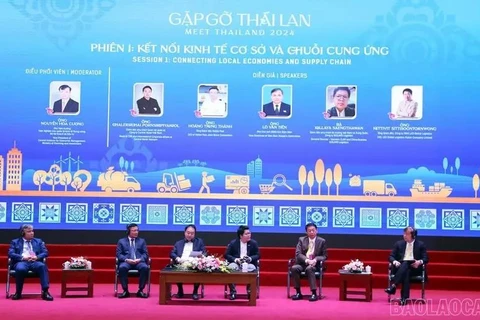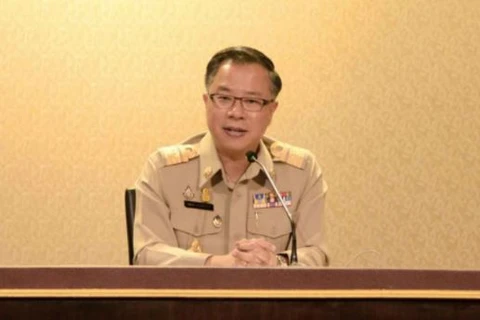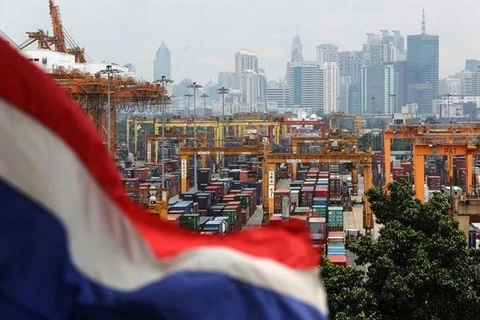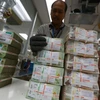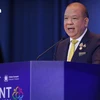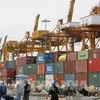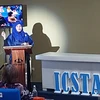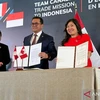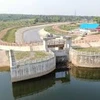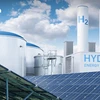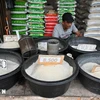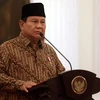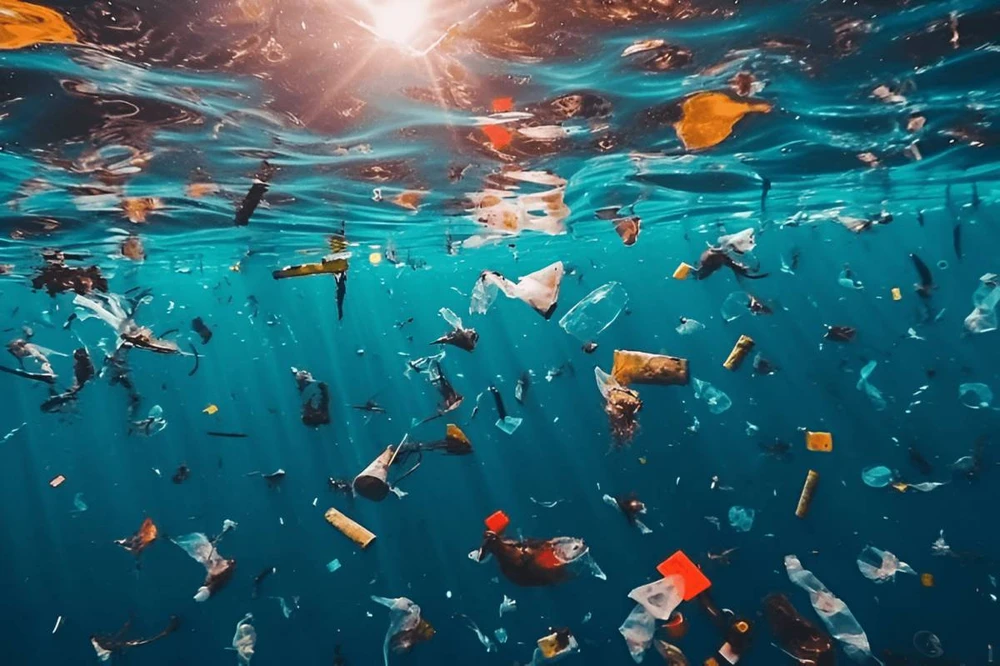
Bangkok (VNA) – Thailand’s Ministry of Commerce is running various projects to support upcycling businesses, adding value to products and services and promoting sustainability.
According toPoonpong Naiyanapakorn, Director of the Trade Policy and Strategy Office (TPSO) under the Ministry of Commerce, these projects include developing knowledge, supporting entrepreneurs and improving Thai products through innovation and technology. The goal is to align Thai businesses with global trends while maintaining competitiveness and promoting sustainable practices.
In 2023, Thailand produced 26.95 million tonnes of waste, averaging around 73,840 tonnes daily. This poses significant environmental and health challenges, along with financial burdens.
According to the United Nations Environment Programme (UNEP), global municipal waste is projected to reach 3.8 billion tonnes by 2053, with waste management costs expected to rise from 250 billion USD in 2020 to 640 billion USD.
Poonpong emphasised that upcycling plays a crucial role in the circular economy by promoting efficient resource utilisation. As waste management costs escalate, upcycling offers a solution by transforming discarded materials into higher-value, eco-friendly products with enhanced quality and functionality.
A study by Grand View Research estimates that the global upcycling market will reach 9.7 billion USD by 2024, driven by growing environmental awareness and demand for sustainable products. The market is growing at an average annual rate of 5.6%, with recycled raw materials projected to surpass 512 million USD by 2032, growing at 6.4% annually.
In Thailand, upcycled products are gaining popularity and recognition. Notable examples include clothing and accessories made from plastic bottle caps, toys crafted from discarded rubber trees, wood scraps, sawdust, and other locally available natural materials.
Upcycling differs from recycling and reuse in its approach. Upcycling transforms old materials into new, higher-value products, while recycling breaks down materials to create new items, and reuse involves repurposing items for their original function.
These efforts underline Thailand’s commitment to sustainability, leveraging innovation and technology to address pressing waste and environmental challenges./.
